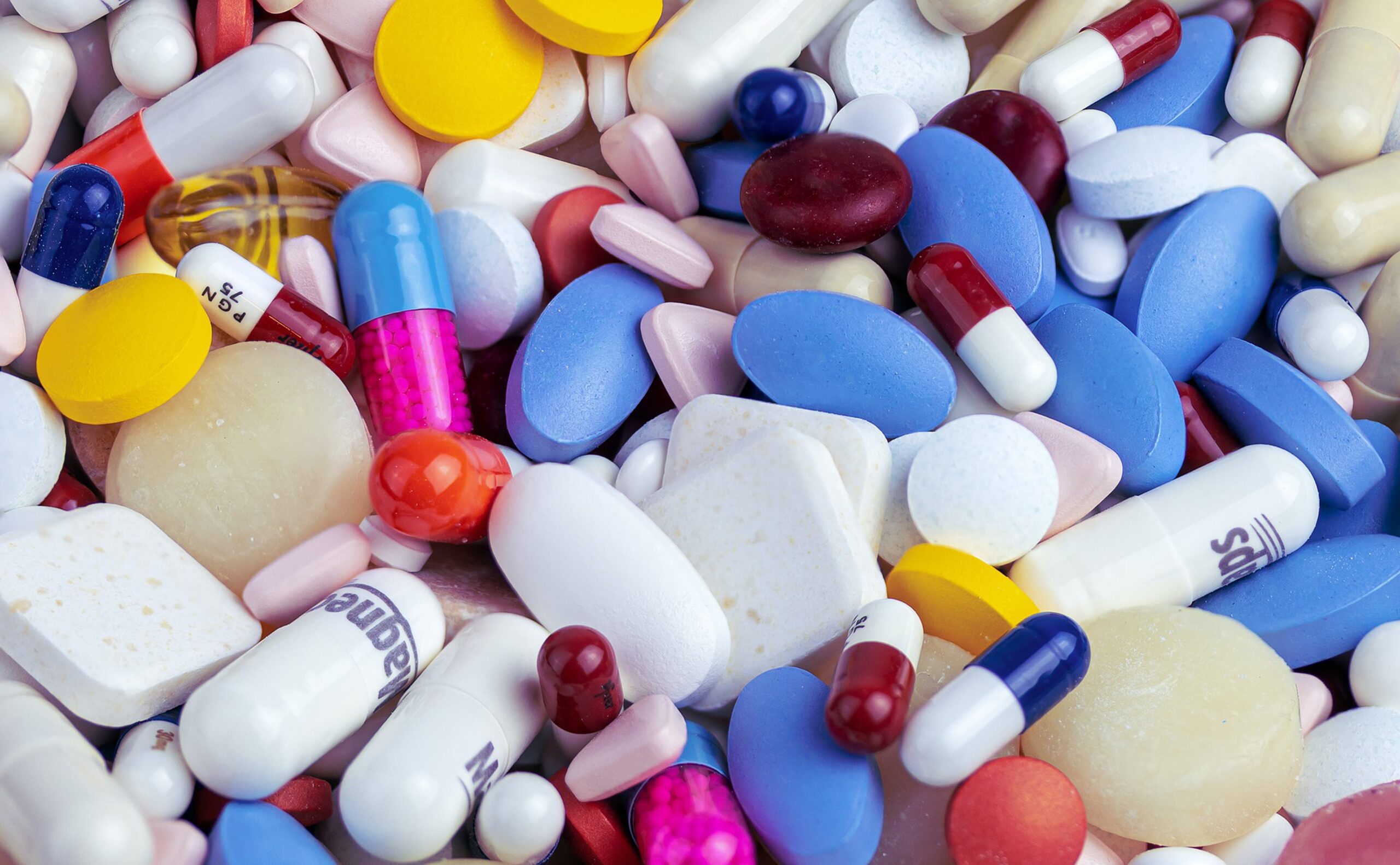Throughout the year, there are various holidays and observances that hold significant cultural, religious, or historical importance. While most holidays are associated with traditions, celebrations, and gatherings, there are a few unique holidays that revolve around drugs. These holidays serve as a platform to raise awareness, promote education, or advocate for policy changes related to drug use and addiction. In this article, we will explore a few drugs and their place as holidays on the calendar.
Cannabis: 4/20
One of the most well-known drug-related holidays is 4/20, which is associated with cannabis. The origins of this holiday can be traced back to a group of high school students in California who would meet at 4:20 p.m. to smoke cannabis. Over time, 4/20 has become a day for cannabis enthusiasts to celebrate and advocate for the legalization and decriminalization of marijuana.
On 4/20, cannabis-related events and activities take place worldwide. These may include public rallies, concerts, educational forums, and even cannabis-themed festivals. While some people use this day as an opportunity to consume cannabis recreationally, others focus on promoting responsible use and discussing the potential medical benefits of the plant.
LSD: Bicycle Day
April 19th is known as Bicycle Day, which commemorates the day when Dr. Albert Hofmann intentionally ingested LSD (lysergic acid diethylamide) for the first time in 1943. This event marked the discovery of the psychedelic effects of LSD, leading to its subsequent use in psychiatric research and countercultural movements.
Bicycle Day is celebrated by individuals who have an interest in psychedelics and the exploration of altered states of consciousness. On this day, people may engage in discussions about the history and impact of LSD, share personal experiences, or participate in organized events centered around psychedelic art, music, and philosophy.
Ecstasy: MDMA Day
March 23rd is recognized as MDMA Day, dedicated to raising awareness about MDMA (3,4-methylenedioxymethamphetamine), commonly known as ecstasy. This date was chosen to honor the birthday of Alexander Shulgin, a chemist who played a significant role in the development and popularization of MDMA.
MDMA Day serves as an opportunity to educate the public about the potential risks and benefits associated with MDMA use. It aims to promote harm reduction strategies, emphasize the importance of testing substances for purity, and advocate for responsible use within safe environments. Various organizations and individuals use this day to share information, resources, and personal stories related to MDMA.
Alcohol: Repeal Day
December 5th marks Repeal Day, a holiday that commemorates the repeal of the prohibition of alcohol in the United States in 1933. This day celebrates the end of the 13-year ban on the production, sale, and distribution of alcoholic beverages.
Repeal Day is often observed by individuals and establishments in the hospitality industry, such as bars and restaurants. It is a time to reflect on the history of alcohol regulation, appreciate the cultural significance of alcohol, and acknowledge the impact of prohibition on society. Some establishments may offer special promotions or host events to commemorate this day.
Conclusion
While these drug-related holidays may not be as widely recognized as traditional holidays, they play a significant role in promoting awareness, education, and advocacy regarding drug use and addiction. These holidays provide platforms for discussions, celebrations, and reflections on the cultural, historical, and social aspects of drugs. Whether one chooses to participate in these holidays or not, they serve as reminders of the complex relationship between drugs and society.
